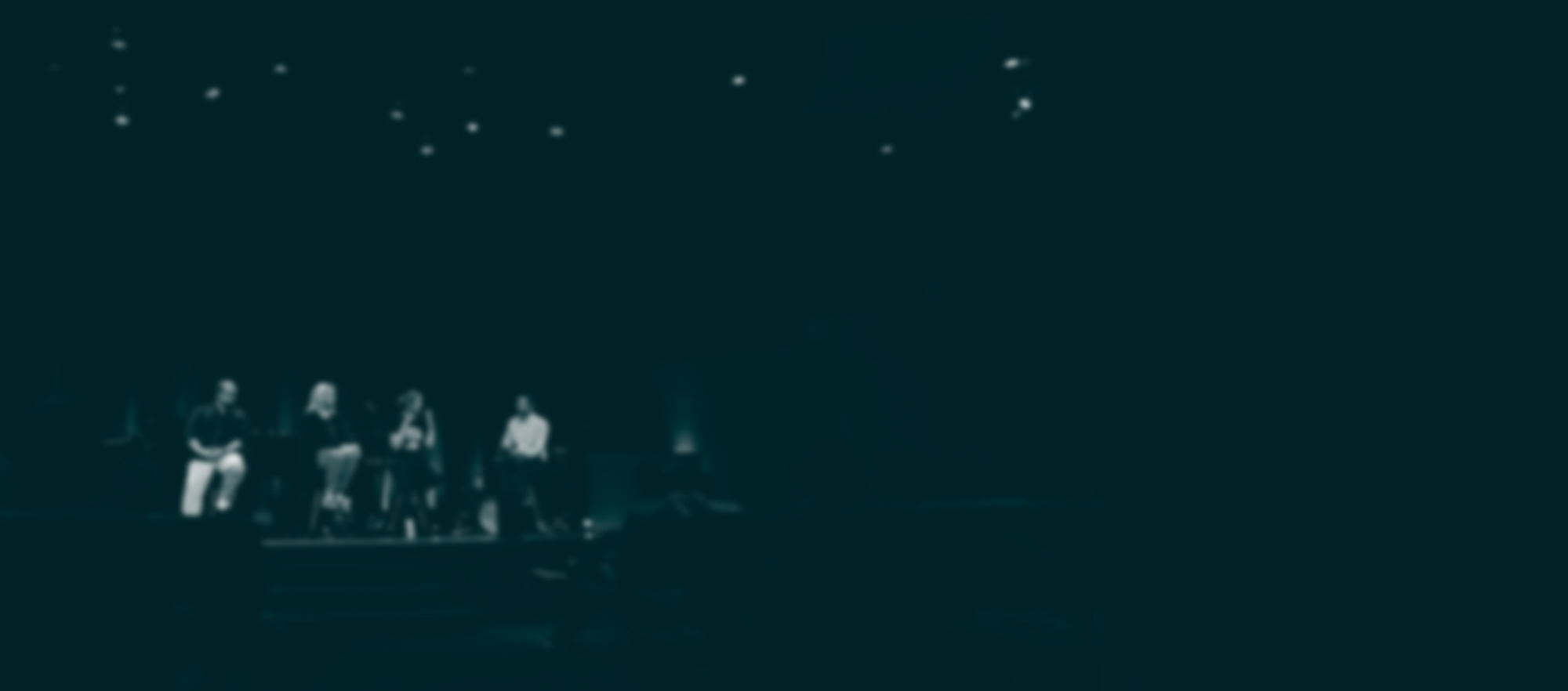Refugees
Why do I care about refugees?
What have I learned since I started to care?
How can caring lead to action?
How close is action on behalf of refugees tied to who we are as a church?
These are all questions I have asked myself over the last few years. To be honest, the first question is the hardest, because my answer was divided. On the one hand, I knew I should care, and I cared about caring. I had also seen what happens when people are violently displaced, and had some idea of the horror and hopelessness of it all. However, I also couldn’t really wrap my head around what biblical caring looks like for me, or for us.
At the time, most of the news headlines that spoke of refugee crisis’ were stories sourced in Europe. I had no idea if/how refugees came to the US in meaningful numbers, nor whether or not our city ever became home for any of them. Biblical caring always seems to move with compassion into action, but at the time I felt too far away in time and space to be able to take action.
However, not being able to shake the caring, I began to learn.
I learned there are refugees in my country and, to my surprise, in my city.
I learned that, on average, the time it takes for a refugee to be finally resettled in a permanent home after being traumatically displaced from their home, community, family, and culture, is 16 years. 16 years, of uncertainty, poverty, vulnerability!
I learned that every year Orlando becomes the new home for several hundred refugees.
I learned that I only had the vaguest idea of the challenges one faces as he or she nears the end of their journey to a new home, culture, community.
I can’t really think of a scenario where I would personally be able to relate to how much is involved in settling as a refugee.
I can imagine culture gaps. Drop me in a Chinese village, and I can imagine how vast the culture gaps would be. I can imagine how hard it would be to try to figure it all out. I can understand how difficult it would be to not know the language, customs, etc. What I have a hard time imagining is what it would be like to face all of those challenges and at the same time to be nearly invisible within my new culture.
I have travelled quite a bit and learned along the way that, despite my best efforts, I cannot not be a relatively tall, pasty white, clearly American, outsider. This means, that I am never invisible outside my own culture. I have no idea what it feels like to be unseen or unregarded in another culture, I have never experienced it.
Take the trauma, the loss of community and culture, the years of displacement, the culture gaps, language gaps, poverty, etc. cover it all in an invisibility cloak, and you can begin to understand the challenges a refugee faces.
“I have no idea what it feels like to be unseen or unregarded in another culture, I have never experienced it.”
So, what in the world can a church do? That is a great question! I am glad you asked.
We, the church, are the hands and feet of Christ in our world. To find our answer, we can start by looking at the life of Jesus. Jesus, who specialized in seeing those who were passively unseen or overlooked in their communities—the lepers, the vertically-challenged tax collector hiding in a tree, the unclean woman hiding in a crowd, the outcast woman hoping to remain unseen, the child trying to get close to Jesus, and the list goes on. The first thing we can do is see those who go passively unnoticed in our city.
I never saw a refugee until I looked for one.
However, when I looked, I found there are thousands in our community. I also found that many of them seem quite familiar to me, they come from African cultures very similar to ones we already work in.
Once we see people like Jesus saw them, then the next steps become self-evident.
We share our lives with them. In most cases this sharing is best done through the guidance of those involved professionally in the resettlement of refugees and as part of a community effort. As Summit gains traction in being a part of such a community effort, our hope is that we will develop deepening partnerships with the local pros (Catholic Charities, Lutheran Services, Africans United Counsel, etc).
We stick with them. Just like it would be for you and I, the time it takes for a refugee to be fully settled in their new life in Central Florida is longer than they would like and longer than the resettling resources allow.
If you are interested in exploring how you might be a participant in building community around new refugees in our city, please contact Liz Cronlund, our Community Development Coordinator, and as we have plans and opportunities, we will include you in being a part of the solution.

